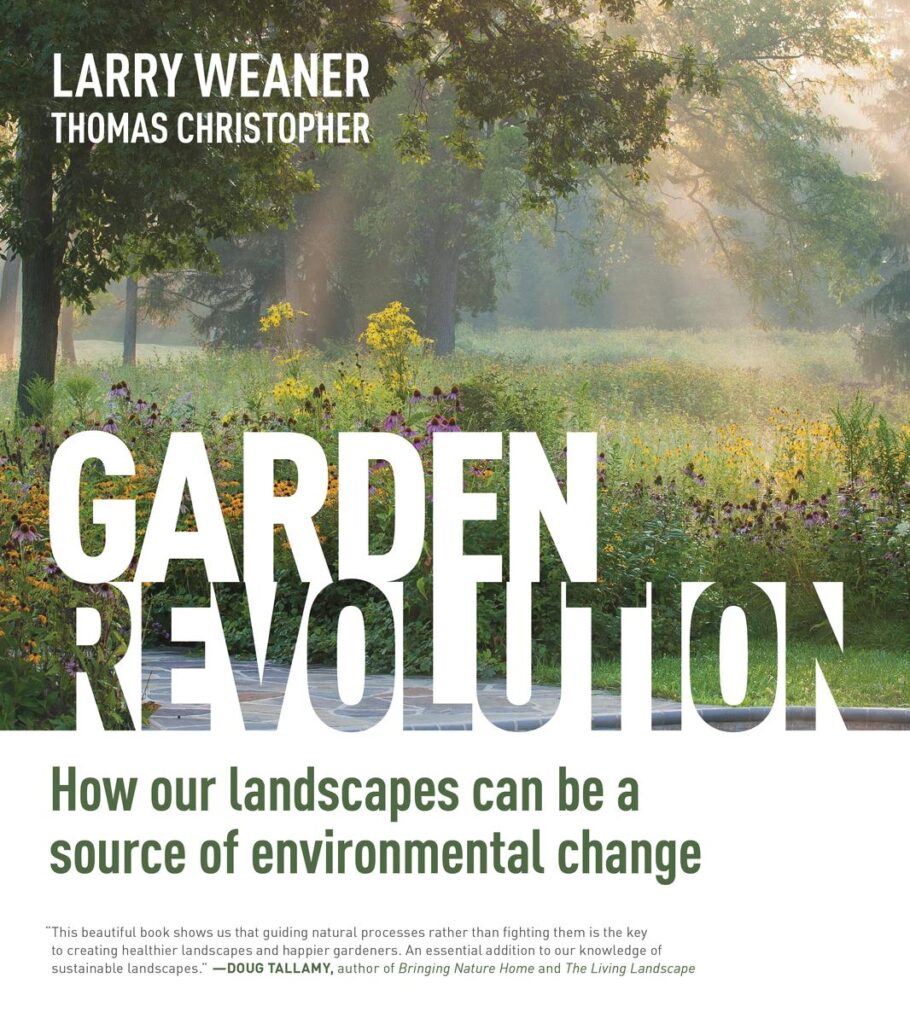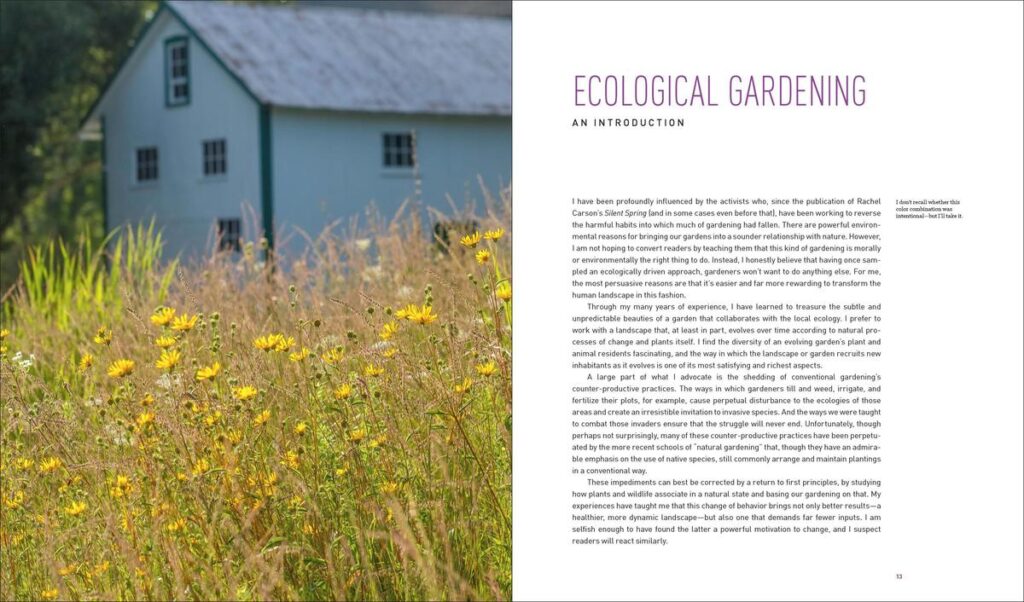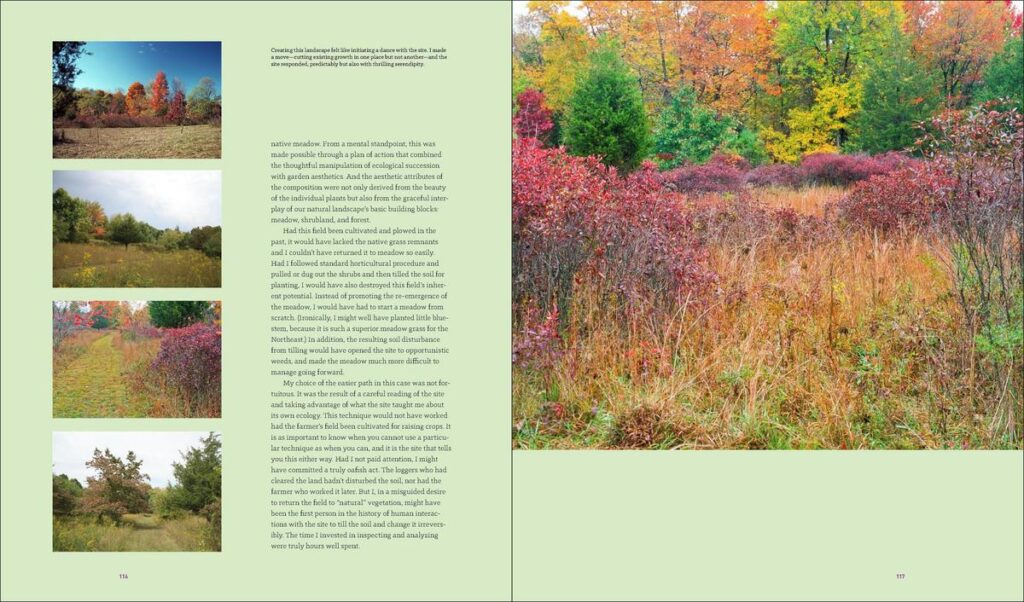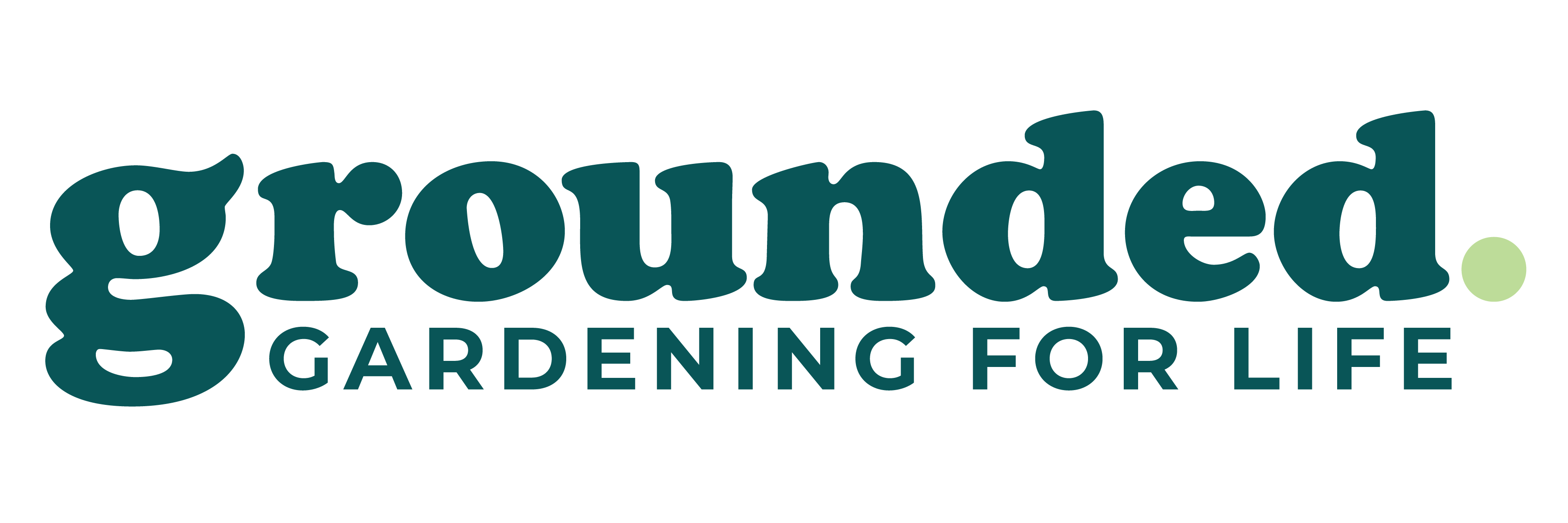
Gardening for the environment: ecological landscapes beautiful to us and nature
A look inside the book Garden Revolution, a beautiful inspiration for those of us who want to garden for the environment.
There’s a spectrum in the world of natural garden design. At one end are people who design gardens in a naturalistic way (densely packed, in layers) but don’t necessarily use native plants. Visionary Dutch garden designer Piet Oudolf is one who comes to mind. At the other end are the restoration ecologists. They restore habitats without concerning themselves with aesthetics.
I stand in the middle of this: I want to use native plants to create habitats and gardens. In other words, I want to create landscapes that are as beautiful to nature as they are to us.
This is why I’m such a huge fan of Larry Weaner and his book, Garden Revolution: How our landscapes can be a source of environmental change, which is co-authored with Thomas Christopher.
Going against the grain to garden for the environment

If you’re going to create gardens that are sensitive to nature, there’s a harsh fact: you have to go against the grain of a lot of traditional horticulture. While smart gardeners match plant to place (sunlight, moisture, soil etc) they will to some extent fight nature. For example, they might amend soils to make it fit the plant they desire and they will likely mulch and weed to stop the plant they planted popping up elsewhere.
I’m not judging this (well, I am a little if lots of oil-based chemicals are involved), but I am saying that if you’re designing with nature, your approach is different.
Weaner, who was a pioneer of ecological landscaping, particularly in the north-east of the United States, isn’t shy about making that distinction. He does so particularly well in this book and in his educational arm, New Directions in the American Landscape. I have completed his seven-part course for professionals on ecological landscaping. This is man who knows of what he speaks.
He’s up-front about challenging traditional horticulture, even when the planting is in a naturalistic style. The kind of gardening, he says, is about maintaining the designer’s original intention, which is likely against the way a garden evolves. It’s “a relentless struggle with the site’s attempts to express itself.”
So he went back to re-learn garden design, this time with ecology as his teacher.

If you’ve been reading my articles on weeding or on place, for example, you’ll see we’re on the same page. In this book, Weaner gives a how-to, from the principles through to the techniques. Indeed, it’s a Cole’s Notes version of the course I completed.
Natural landscaping for forested landscapes
What I particularly appreciate about Weaner, living and working as I do in Haliburton County, is his recognition that woodland-based landscapes, including shrub-based gardens, are valid. (The natural garden community has been hugely influenced by prairie-style gardening, which is suitable only for some sites in the Highlands.) The same techniques apply when it comes to plant choice and design – but we get to create gardens that fit in particularly well with the Haliburton Cottage aesthetic.
This is a beautiful hardback book, filled with lots of photographs. It’s an inspiration. Weaner proves that when gardening for the environment we can go beyond pretty – we can fine-tune our aesthetics to create a garden that is beautiful to us and beautiful to nature too.
You can order the book from Kathy at Master’s Book Store. It’s published by Timber Press and Kathy’s price is $49.95 (it’s a work of art for your coffee table.)
